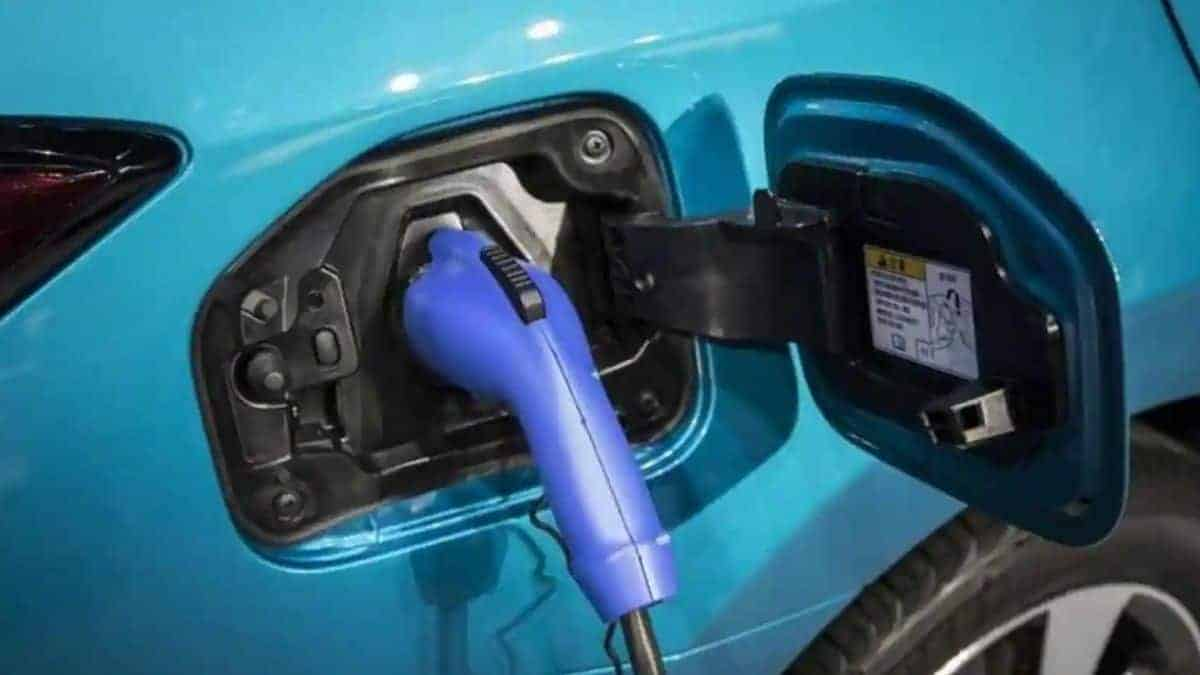Budget 2022: SMEV asks that EV financing be made a priority sector loan and that appropriate monies be set up for R&D

Electric vehicles should be considered for priority lending by the government to speed up their adoption, while appropriate money for R&D in a public-private partnership manner for battery development must also be granted, according to industry association SMEV.
The Society Of Manufacturers Of Electric Vehicles (SMEV) stated in its Budget wish list that the PLI scheme for automobiles and auto components needs to be amended, as it currently creates a “unfair price disadvantage” for small and medium-sized EV participants in the market.
“The government may consider putting electric vehicles in the priority lending sector to help build a strong environment for them and grow the EV market. It would make electric vehicles more affordable to citizens by lowering interest rates “In a statement, SMEV said.
On February 1, Finance Minister Nirmala Sitharaman will present the Union Budget for FY 2022-2023.
“Unless we work actively and rigorously on EV batteries, we will end up in a scenario similar to, if not worse than, our dependence on crude oil,” the organisation of EV makers said, emphasising the need of R&D in battery manufacturing.
“The government could allocate sufficient funds for R&D in a public-private partnership mode with a time-bound objective to create EV batteries that are less dependent on offshore minerals and best suited to the Indian condition,” it said, adding, “the government could allocate sufficient funds for R&D in a public-private partnership mode with a time-bound objective to create EV batteries that are less dependent on offshore minerals and best suited to the Indian condition.”
It was also said that the PLI system for Advanced Chemistry Cell (ACC) can be appropriately adjusted to incentivize R&D activities.
According to SMEV, while the programme will undoubtedly provide incentives for large players, it will also create an unfair price disadvantage for small and medium-sized electric vehicle (EV) players that do not eligible for the incentives due to their size, turnover, or history.
“As a result, we suggest that the government change the programme to provide a level playing field so that MSME EV players, both present and new, can participate,” it stated.
Under the present PLI programme, an automobile manufacturer or group firm with an existing presence in India or globally must have a minimum turnover of 10,000 crore, while the minimum revenue requirement for auto components is 500 crore, among other conditions.
New non-automotive investor firms or group companies that are not currently in the automobile or auto component manufacturing sector, on the other hand, shall have a global net worth of $1,000 crore based on audited financial records for the fiscal year ending March 31, 2021.
The industry group also requested EV export incentives to encourage Indian manufacturers to capitalise on the growing global demand for electric vehicles.
“To get a global stamp on electric vehicles, some incentives in the form of subsidies can be provided to domestic consumers for exporting such vehicles. This is a significant market that Indian businesses may seize before international competitors flood the market with lower-cost products “SMEV declared.
SMEV has proposed a citizen reward programme for EV users, which can be utilised at various establishments and occasions to access fast track services or earn points for incentives, as well as the inclusion of the clean air campaign in the Swachh Bharat mission, in order to promote EVs.


